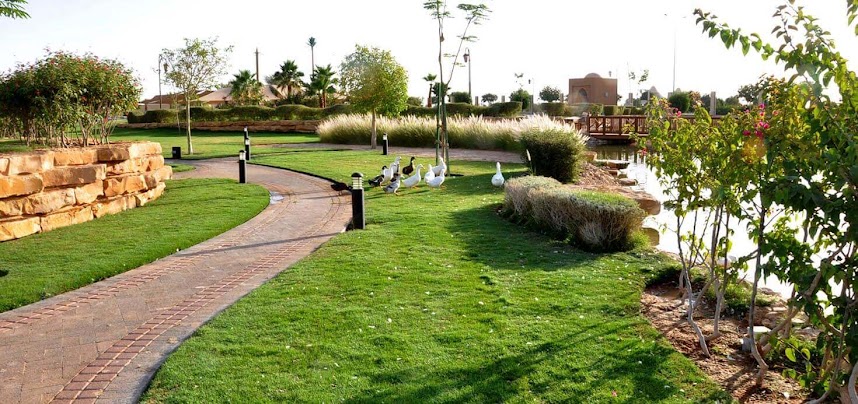Introduction:
Riyadh, the vibrant capital of Saudi Arabia, boasts a unique landscape characterized by its arid climate and desert surroundings. In such an environment, maintaining lush greenery and vibrant gardens requires thoughtful planning and efficient irrigation systems. Installing effective irrigation systems in Riyadh is not only essential for sustaining green spaces but also for conserving water resources. In this article, we'll delve into expert tips for successful irrigation installation in Riyadh, ensuring thriving landscapes while promoting water conservation.
1.Understanding Riyadh's Climate:
Before diving into irrigation installation, it's crucial to comprehend Riyadh's climate. Characterized by hot summers, mild winters, and minimal rainfall, Riyadh experiences extreme temperatures and low humidity levels. This arid climate poses challenges for maintaining gardens and green spaces, emphasizing the importance of efficient irrigation systems.
2.Conducting Site Analysis:
Every landscape in Riyadh is unique, with varying soil types, sun exposure, and vegetation. Conducting a thorough site analysis is essential before installing irrigation systems. Factors to consider include soil composition, slope, existing vegetation, and water sources. This analysis helps determine the most suitable irrigation methods and system designs for optimal water distribution.
3.Choosing the Right Irrigation System:
Several irrigation systems are suitable for Riyadh's climate, each offering distinct advantages based on the landscape's needs. Drip irrigation, for example, delivers water directly to the roots of plants, minimizing water wastage and evaporation—a perfect choice for Riyadh's water-conscious environment. Alternatively, micro-sprinkler systems provide gentle, uniform water distribution, ideal for larger areas with diverse vegetation.
4.Prioritizing Water Efficiency:
Water conservation is paramount in Riyadh's arid climate. When designing irrigation systems, prioritize water efficiency to minimize wastage and maximize plant uptake. Utilize smart irrigation controllers equipped with weather sensors to adjust watering schedules based on real-time weather conditions, preventing overwatering during periods of rainfall or high humidity.
5.Implementing Zoning Techniques:
Dividing the landscape into zones based on plant water requirements is a proven strategy for efficient irrigation. Grouping plants with similar water needs allows for tailored watering schedules, ensuring each zone receives adequate moisture without excess runoff or waterlogging. Zoning also facilitates targeted maintenance and troubleshooting, simplifying irrigation system management.
6.Incorporating Water-Saving Technologies:
Innovative technologies can further enhance water efficiency in irrigation systems. Consider installing soil moisture sensors to monitor moisture levels and automate watering, preventing both underwatering and overwatering. Additionally, explore the use of recycled or treated wastewater for irrigation purposes, reducing reliance on potable water sources.
7.Regular Maintenance and Monitoring:
Successful irrigation installation doesn't end with system setup—it requires ongoing maintenance and monitoring to ensure optimal performance. Regularly inspect irrigation components for leaks, clogs, or malfunctions, addressing issues promptly to prevent water waste and landscape damage. Adjust watering schedules seasonally to accommodate changing weather patterns and plant requirements.
Conclusion:
Mastering irrigation installation in Riyadh is essential for maintaining vibrant green spaces while conserving precious water resources. By understanding Riyadh's unique climate, conducting thorough site analysis, and prioritizing water efficiency, landscape professionals can design and implement irrigation systems that thrive in arid environments. With the right techniques and technologies, Riyadh's gardens and landscapes can flourish sustainably for years to come.

Comments
Post a Comment